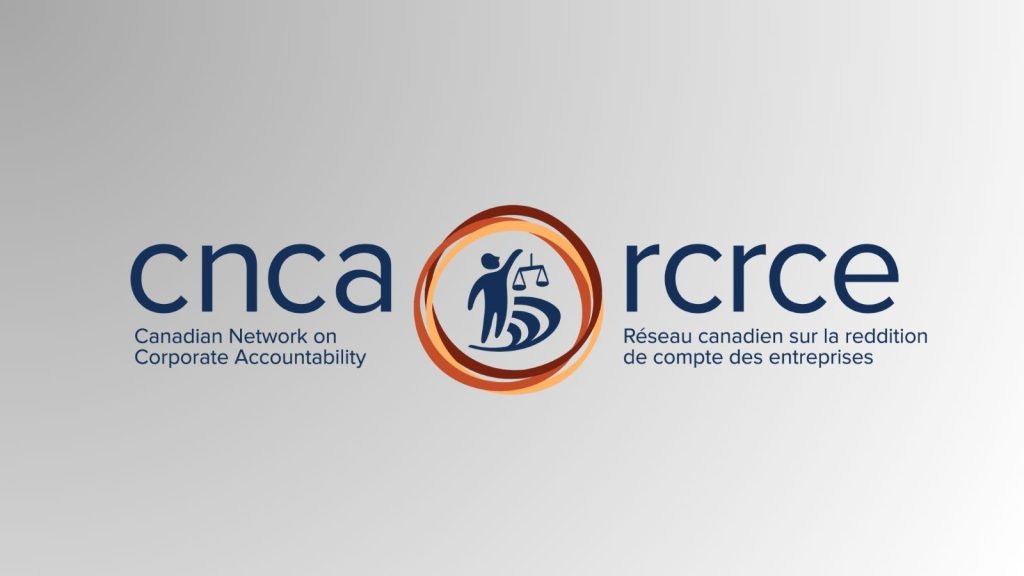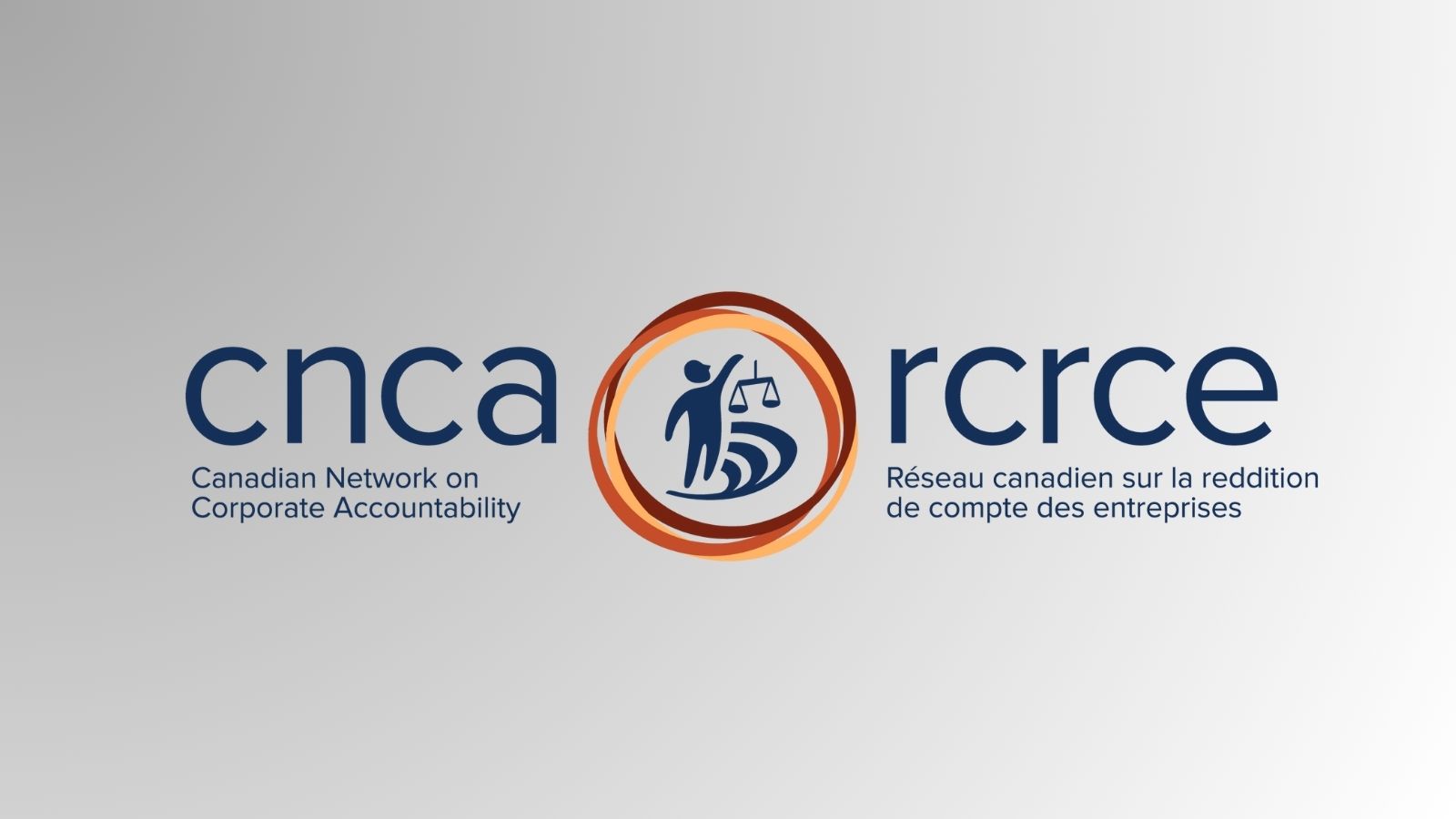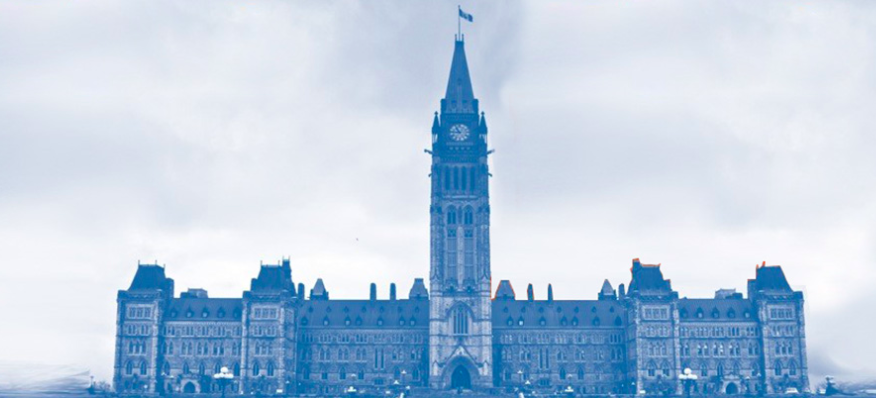[This opinion piece was originally published in ipolitics as “OPINION: Modern slavery bill misses the mark” on 25 February 2020.]
For years, the United Nations and communities harmed by corporate abuse abroad have called on Canada to address the serious human rights violations associated with the overseas operations of Canadian multinationals. Unfortunately, the Modern Slavery Act, proposed earlier this month by a Canadian senator and supported by two members of parliament, would do little, if anything, to prevent exploitation and abuses in the global supply chains of Canadian companies.
Far from positioning Canada at the forefront of global efforts to protect human rights from corporate abuse, this bill, if passed, would put Canada near the back of the pack.
The bill, proposed by Senator Julie Miville-Dechêne and supported by MPs John McKay and Arnold Viersen, attempts to target the worst forms of labour exploitation in the global supply chains of Canadian companies. It requires Canadian companies to report on the presence of child or forced labour in their supply chains and on any steps taken to prevent these practices. However, the bill does not compel companies to change their behaviour—to prevent, mitigate or redress abuses they detect. Nor does the bill offer help to the victims of the exploitation because it does not provide for liability or remedy if companies do make use of child or forced labour.
The bill also fails to address the myriad of other serious human rights abuses that are widespread in Canadian global supply chains, ranging from the violation of workers’ rights and the rights of Indigenous peoples, to sexual violence and environmental devastation.
Rather than learn from best practices, Canadian legislators have modelled their bill on laws enacted in the United Kingdom and Australia – laws that have been widely criticized as ineffective. There is no evidence that reporting requirements alone have any impact on curtailing corporate abuse. In fact, a report released just yesterday by the European Union concludes that reporting requirements are expected to produce “only minor positive social impacts.”
The current leadership on this issue is coming from several European countries, like France and Switzerland, which have either enacted, or are considering, legislation that goes beyond reporting. These initiatives require companies to identify and prevent human rights abuses throughout their global operations. Crucially, they hold companies legally accountable when their operations cause harm.
This is the kind of real action we are calling for. In November 2019, a coalition of 35 civil society groups, including the CNCA and the country’s main labour, human rights, children’s rights and international development organizations, urged the government to learn from these experiences abroad and require Canadian companies and those doing business in Canada to protect internationally recognized human rights throughout their supply chains and global operations. This call has so far gone unanswered by our parliament.
Proponents of the bill claim it can be effective, pointing to a provision on import controls for goods made by child or forced labour. However, the bill cannot itself ban the import of goods. It merely authorizes cabinet to issue future regulations to this effect. If cabinet drags its feet — as it has with its broken promise to give a recently-appointed ombudsperson powers to investigate abuses — this bill would not prevent goods produced by child and slave labour from flowing into Canada for years to come.
Canada has an obligation to ensure the supply chains of Canadian companies are free from human rights abuses. Strong laws are needed to protect the rights of workers and communities and to prevent corporations from profiting from the use of slave labour, from rape or from serious bodily harm.
Corporate reporting, in isolation, such as that proposed in the Modern Slavery Act, does not put an end to harmful practices. In presenting the appearance of action, the Act would instead remove the impetus to enact laws that would actually change corporate practice – such as a comprehensive mandatory human rights due diligence law.
Emily Dwyer is a coordinator for the Canadian Network on Corporate Accountability, which works to ensure that Canadian mining, oil and gas companies respect human rights and the environment when working abroad.





